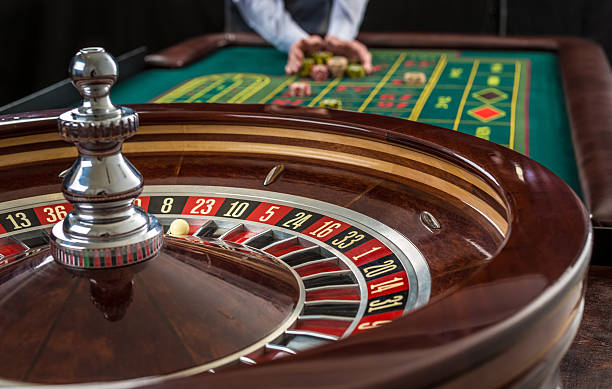Roulette is more of a casino game that can increase success with mathematical models, probability calculations, and strategic planning. However, players still rely on intuition and gut feelings as their primary strategy for winning the game.
We will evaluate if intuition and gut feelings can lead to wins in roulette. More than likely, it usually does not because roulette spins are randomized with an equal chance of landing on either numbered pocket. While you can increase your chances of winning a specific number by placing an odds or even bet, it reduces your payout because it is a lower-risk bet in comparison to betting it all on one number.
Understanding Intuition In Gambling
Intuition lacks conscious reasoning but it is defined as being able to understand something with instinctual prowess. In roulette, you may feel the desire to place a bet on a specific color or number or a one-number bet based on a hunch you have. Many veteran roulette players dismiss their intuition to utilize strategy and mathematics for a more informed bet.
However, there have been times when players’ intuition has led them to success. Again, this is because the roulette wheel is randomized and this intuitive bet could have succeeded from the ball landing on the number or color at the time it needed to happen.
The Psychological Aspect of Intuition
Consider some of these psychological aspects of intuition to understand how it affects a gambler’s behavior.
Heuristics and Decision-Making
Heuristics are known as mental shortcuts to expedite decision-making in certain aspects. For example, a red player may reason that the ball will land on a red number on the roulette wheel next because a series of black numbers has won.
Emotional State
Relying on intuition means tapping into your emotions to analyze the situation before finalizing a decision. Players with a positive outlook may feel more confident and bold in their intuitive betting choices. Stressed and anxious roulette gamers may make uninformed betting decisions because of their poor judgment from the negative feelings they are experiencing.
Subconscious Processing
Our brains continue to process information even if we are not privy to it. Certain patterns throughout the game that show which numbers win more could lead to decision-making influenced by those patterns. Even if you are not directly realizing these patterns as they are happening every time, your brain may pick up on them before you compute they are happening.
The Science Of Intuition
Intuitive betting decisions leading to success in roulette only exist with different players sharing their stories. Evaluating the science of intuition is essential for understanding why some players prefer this technique over mathematics and strategy.
Neurological Studies
Neuroscience studies suggest that intuition is related to how the brain can process a large volume of information quickly. Antonio Domasio’s work on how emotions relate to decision-making can apply to why some roulette players utilize intuition to make their wagers. While our brains may not subconsciously recognize different patterns while playing roulette, the gut feelings stemming from subconsciously analyzing these trends are imminent.
Decision Fatigue
Playing roulette can turn into a high-stakes gaming experience. Especially when you are attempting to win big by betting it all on one number or choosing a color or whether to pick odd or even, it’s difficult to decide.
Balancing Intuition With Strategy
Strategy and mathematical calculations should be at the forefront of your roulette play strategy. Intuition can take a back seat while still supporting your tactics. You can still have gut feelings once you have achieved a statistical analysis of all the probable outcomes on the roulette wheel. Keeping limits on your betting amounts can reduce impulsive decisions from intuitive betting choices. Journal your winning bets based on statistics versus the ones made on intuition to see intuition’s effectiveness over time.

